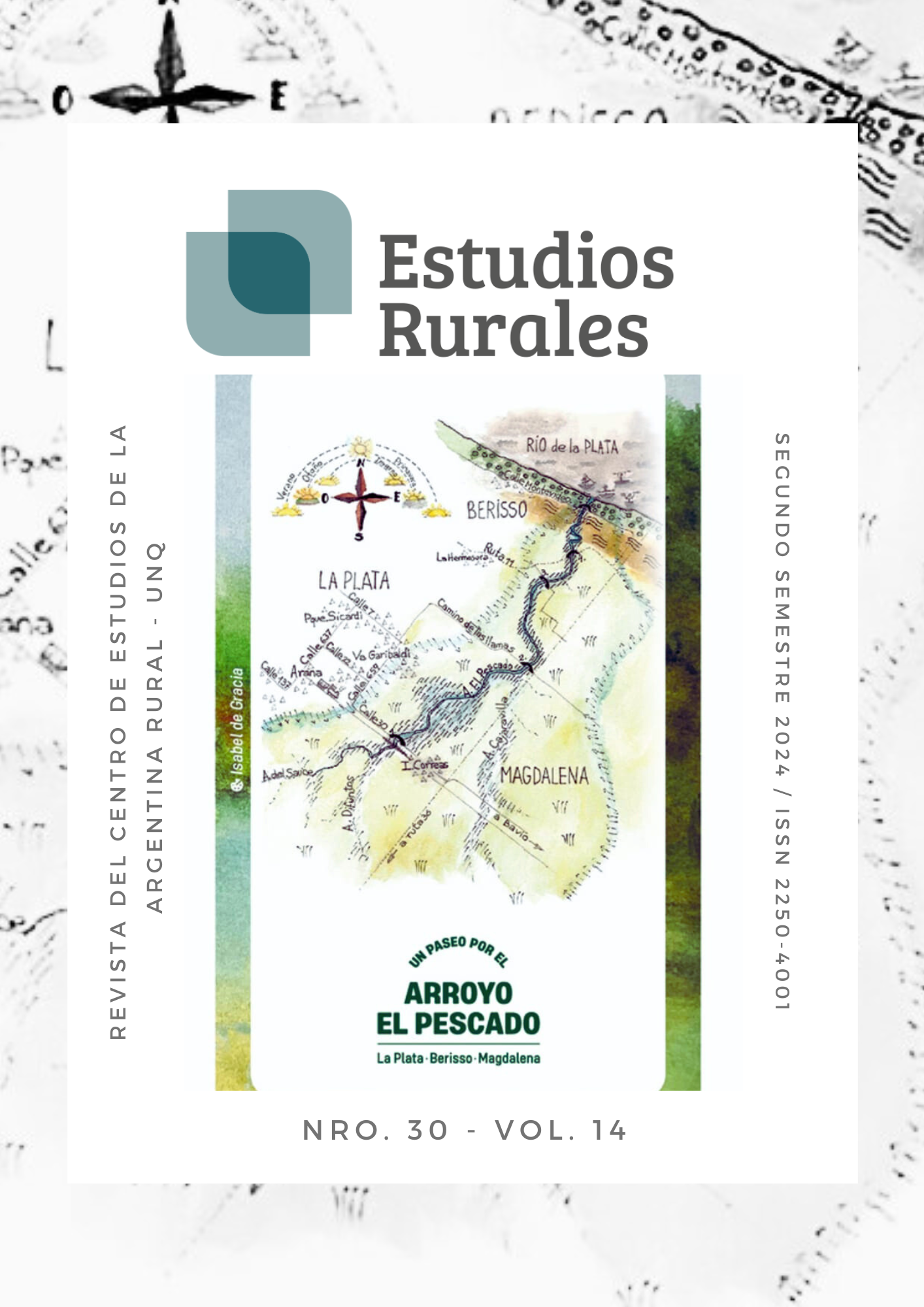Conocimientos ecológicos tradicionales y consumo de alimentos: sociobiodiversidad en la reserva extractiva Tapajós-Arapiuns, Amazonia brasileña
DOI:
https://doi.org/10.48160/22504001er30.490Keywords:
unidad de conservación, poblaciones tradicionales, etnoecología, agricultura familiar, productos forestales no maderablesAbstract
In this text, we discuss the intergenerational transmission process of traditional ecological knowledge (TEK) regarding the consumption of socio-biodiversity products by families in a rural community located in the
Brazilian Amazon. The theoretical-methodological framework relies on the categories of traditional populations and intergenerational transmission of knowledge, and the
analytical categories of socio-biodiversity and dietary habits.
The results highlight the relationship of families with the forest and backyards as significant activities in the community's configuration and the social reproduction of families. Despite the context of change, the consumption of forest species derived from extractivism or cultivated in
backyards remains as the principal means of communication of
TEK about biodiversity used in food, which favors the reproduction of biocultural memory.


